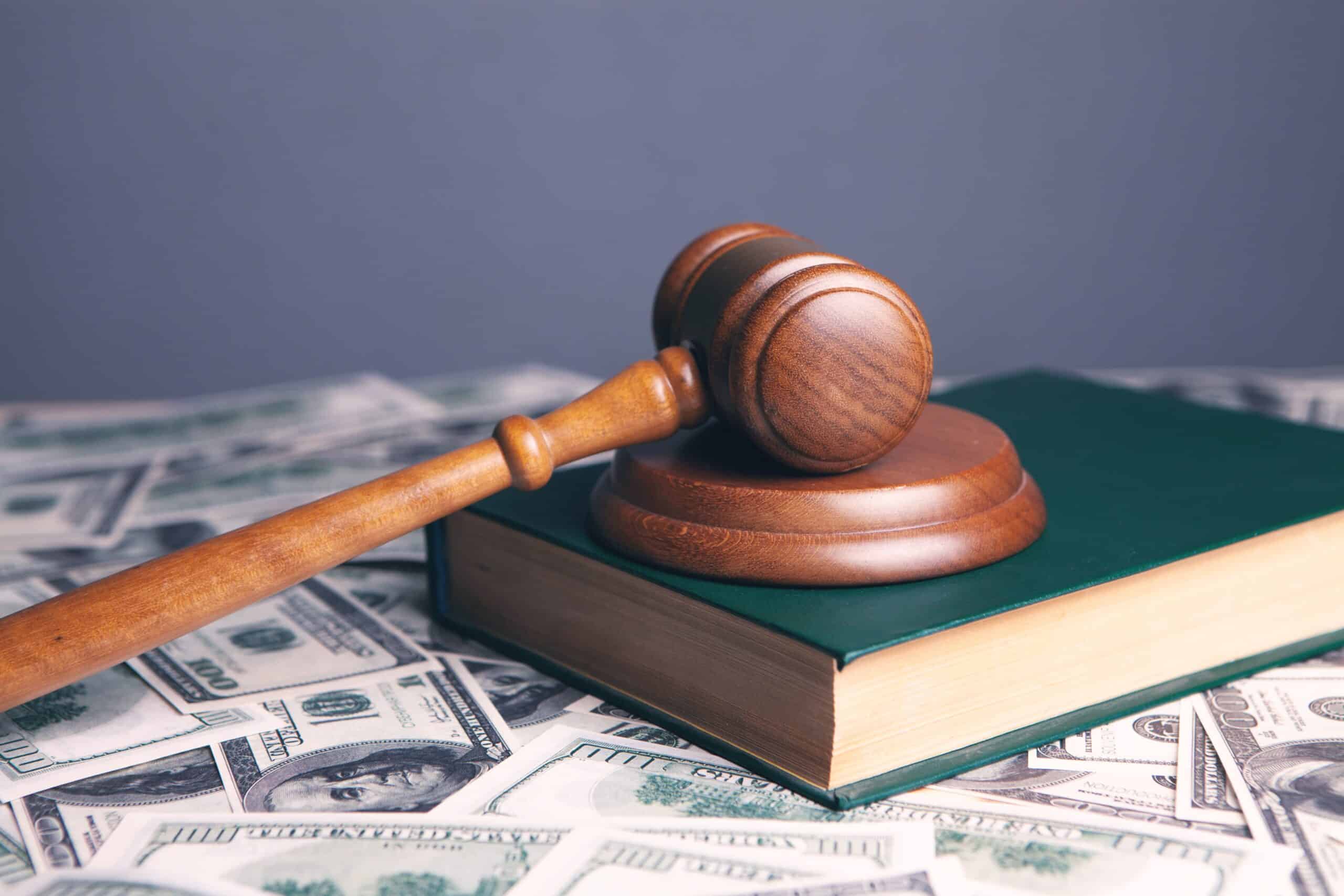The U.S. Securities and Exchange Commission (SEC) has officially responded to Coinbase’s court action compelling the agency to respond to its rulemaking petition.
In a May 15 court filing, the SEC asked the court to deny Coinbase’s petition for mandamus relief, saying that the crypto exchange does not qualify for the “extraordinary remedy.”
The response comes after Coinbase filed a court action in April, seeking the court to compel the regulator into responding to its request for specific rulemaking on crypto assets. (Former SEC Advisory Committee lawyer J.W. Verrett likened Coinbase’s move to a long-term chess strategy in an episode of Unchained last month).
The SEC believes that it has no legal obligation to comply with this request, and argued that no statute or regulation requires the agency to respond on a specific timeline. The regulator said that defining rules for crypto assets is a “necessarily complicated endeavor” and suggested rulemaking would be a long drawn-out process.
SEC Chairman Gary Gensler has laid out his views on the apparent lack of regulation on crypto assets on a number of occasions, although he has deflected direct questions on whether certain cryptocurrencies should be classified as securities.
The Commission made it clear to distance itself from statements made by the Chair in the filing today, stating that remarks made by one member of the SEC represent that member’s views alone.
Indeed, Chairman Gensler made a speech earlier that same day at the Financial Markets Conference, saying that “the rules [for crypto assets] have already been published.”
“There’s financial intermediaries, nodes in the network, and they need to come into compliance if they’ve got securities on their platforms,” said Gensler.
Coinbase’s chief legal officer Paul Grewal tweeted that the SEC’s response reinforces the exchange’s longstanding concern that the crypto industry will not be provided with any regulatory clarity on whether certain tokens fall under the regulator’s jurisdiction anytime soon. Until then, the regulator may continue to use enforcement actions as a substitute for rulemaking, he said.
Overall the SEC’s response reinforces Coinbase’s longstanding concern that our industry does not have clarity on what the SEC may consider to be within or outside its jurisdiction at any time, and it is likely to continue changing its mind along the way. 6/7
— paulgrewal.eth (@iampaulgrewal) May 16, 2023



